Steeped in history, teeming with diversity, and possessing an unparalleled natural beauty, Turkey invites travelers to explore well beyond the charm of its iconic city, Istanbul. The nation’s sprawling tapestry offers a plethora of experiences, from its hauntingly beautiful landscapes and ancient ruins to pristine beaches and majestic mountains. Beyond the bustling bazaars and iconic landmarks of Istanbul lies a rich mosaic of cultures, delectable cuisine, and the warmest hospitality.
Here we unveil the myriad enchantments hidden in the corners of Turkey, highlighting why this destination is a canvas painted with a wealth of experiences that are far more diverse and captivating than one city alone can reveal.
Cappadocia
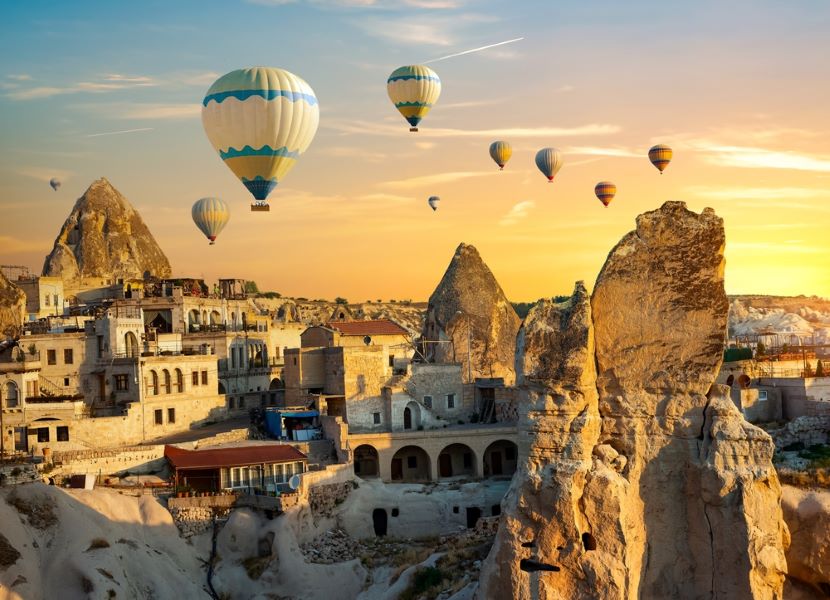
Cappadocia, Turkey
Cappadocia is a captivating region in central Turkey, one that enchants visitors with its extraordinary landscapes and exciting activities. One of its most iconic features is the otherworldly fairy chimneys, bizarre rock formations created by volcanic eruptions. These whimsical spires serve as the backdrop for countless adventures. Göreme National Park, a UNESCO World Heritage Site, likewise stands out as a must-visit destination within Cappadocia, with its surreal moonscape of cone-shaped rock formations that conceal ancient cave dwellings. These subterranean abodes, some dating back to the Hittite period, provide a glimpse into the region’s rich history.
Among the most exhilarating experiences in Cappadocia are the hot air balloon rides that offer panoramic views of the surreal landscape at sunrise. Floating above the fairy chimneys, valleys, and vineyards is a truly unforgettable adventure. Additionally, the rock-cut churches, such as the Göreme Open-Air Museum, showcase intricate frescoes and Christian history, adding cultural depth to Cappadocia’s natural wonders.
Antalya
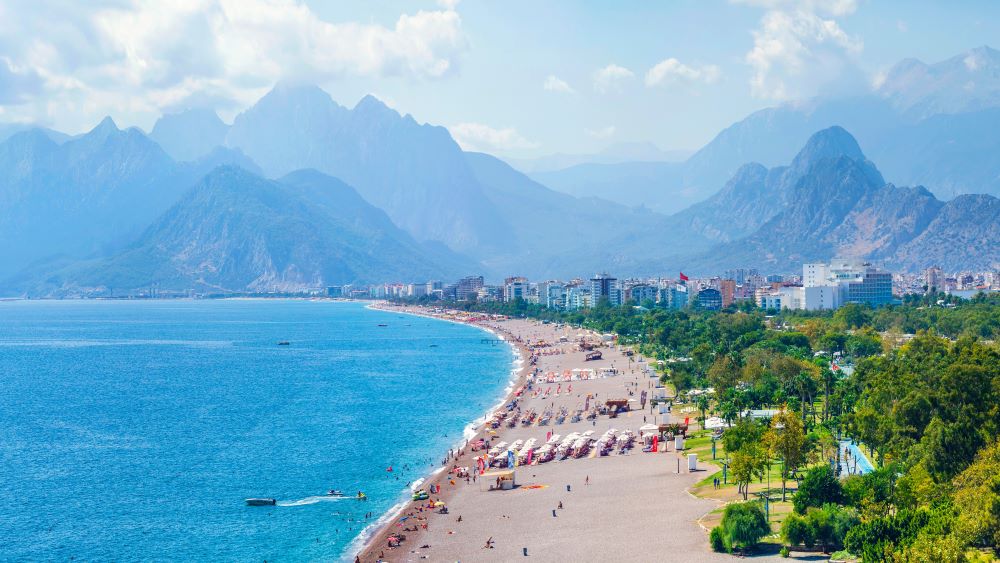
Antalya, Turkey
Nestled on the stunning Mediterranean coast, Antalya beckons travelers with a multifaceted allure. The pristine beaches, with their golden sands and crystal-clear waters, provide a haven for sunseekers and water enthusiasts. Beyond its shores, Antalya is a trove of history, boasting numerous archaeological gems. The ancient city of Perge unveils remarkably preserved Roman ruins, while the magnificent Aspendos Theater, one of the best-preserved theaters of antiquity, continues to host music and dance performances to this day.
When the sun sets, Antalya transforms into a lively playground with a vibrant nightlife scene. The city’s bustling bars, clubs, and restaurants along the charming Kaleiçi district offer myriad entertainment options. Antalya seamlessly marries natural beauty, cultural heritage, and modern entertainment, making it a captivating destination.
Ephesus
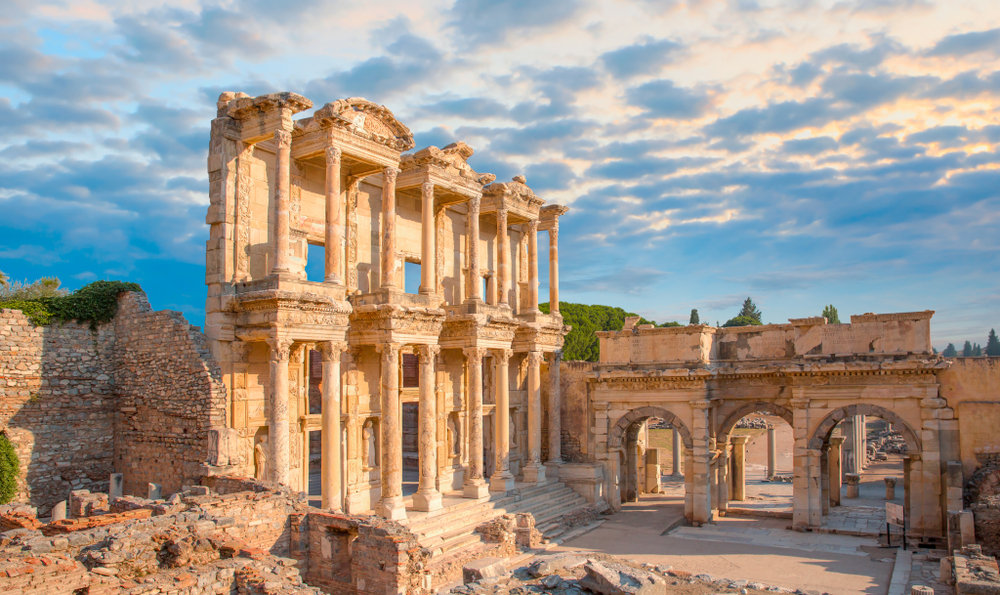
Celsus Library, Ephesus
Ephesus is an archaeological marvel nestled amid the hills of modern-day Turkey. The city immerses visitors in a bygone era of Greek and Roman grandeur with its meticulously preserved ruins rich in historical significance. The Library of Celsus, an iconic structure, stands as an enduring symbol of knowledge and wisdom, while the Temple of Artemis, one of the Seven Wonders of the Ancient World, evokes the splendor of antiquity.
The Great Theatre of Ephesus, with a capacity of 25,000 spectators, is a testament to the city’s cultural vitality. It once echoed with the voices of philosophers, orators, and actors, providing a glimpse into the vibrant social life of the time. The city’s rich tapestry of ancient relics transports visitors back to an age of architectural brilliance and intellectual enlightenment.
Pamukkale
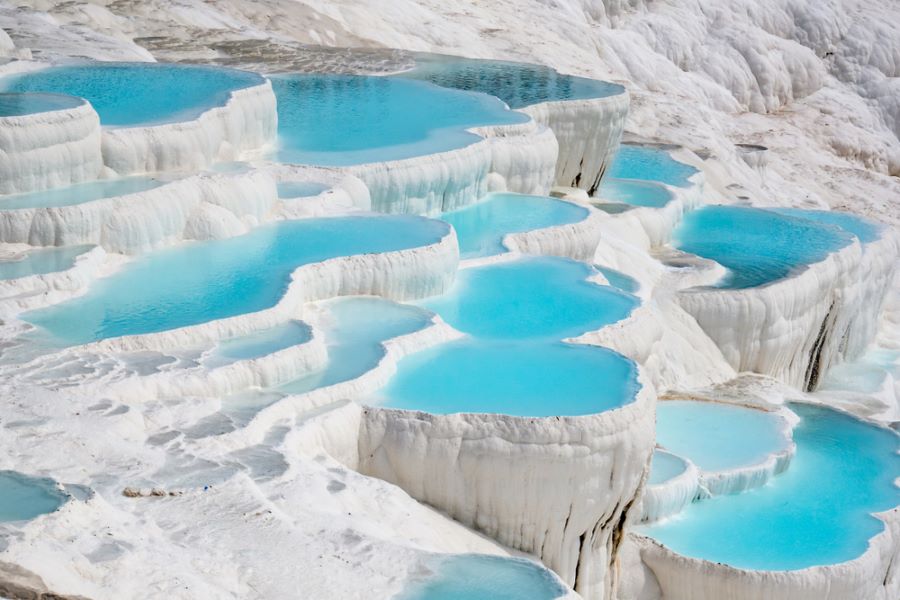
Travertine terraces, Pamukkale
Pamukkale, often referred to as the “Cotton Castle,” is a natural wonder that captivates with its ethereal beauty. The renowned white terraces of travertine, sculpted over centuries by mineral-rich hot springs, create a surreal, snow-like landscape. Visitors can immerse themselves in the soothing thermal pools, which have been cherished for their healing properties since ancient times.
But Pamukkale is not just a haven of natural splendor; it’s also an archaeological treasure trove. Nestled on the terraces is the ancient Roman city of Hierapolis, whose ruins provide a window into a bygone civilization. The well-preserved theater, necropolis, and ancient streets transport visitors to the heart of Roman life. Pamukkale is a destination where visitors can indulge in both therapeutic relaxation and a journey through the annals of history.
Troy
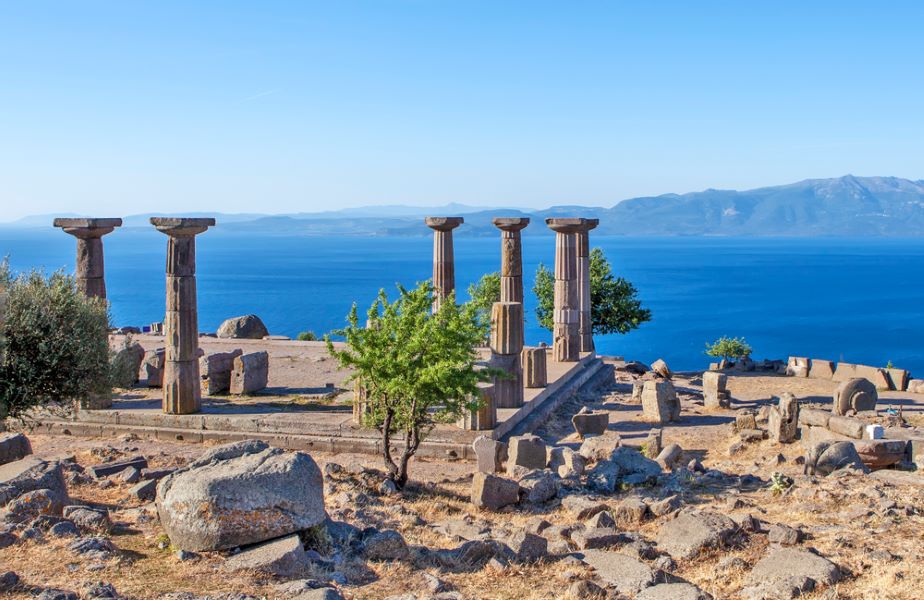
Aegean Sea, Troy
Troy, the legendary city of Homer’s The Iliad, stands today as an alluring archaeological wonder in modern-day Turkey. Visitors can trace 4,000 years of history through its nine settlements, each bearing witness to centuries of human endeavor and conflict. Beyond its historical importance, Troy symbolizes timeless storytelling, blending myth and archaeology.
Exploring Troy’s ruins feels like stepping into a legendary tale. You can visit the iconic Scaean Gate and explore the Archaeological Museum of Troy’s artifacts, all while being immersed in the city’s captivating narrative. Troy’s allure lies in its fusion of myth and reality, making it a must-see for history enthusiasts and curious travelers seeking a glimpse into the depths of human history and imagination.
Ankara
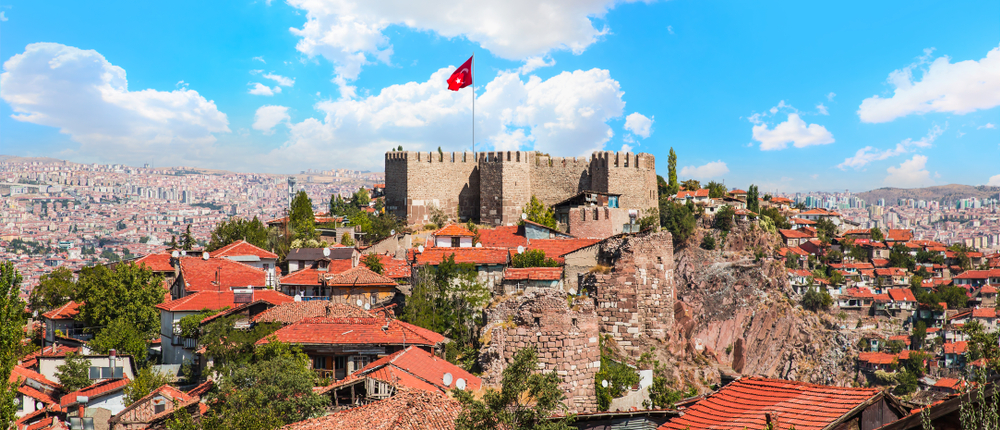
Ankara, Turkey
Turkey’s capital, Ankara, is a treasure trove of cultural and historical riches, offering a glimpse into the nation’s past. The Museum of Anatolian Civilizations houses an extensive collection of artifacts that chronicle the region’s history from prehistoric times to the present. Its exhibits provide valuable insights into the diverse cultures that have thrived in Anatolia.
At the heart of Ankara lies Anıtkabir, the grand mausoleum of Mustafa Kemal Atatürk, the revered leader who transformed Turkey into a modern nation. This monumental site serves as both a place of remembrance and a symbol of national pride. Visitors can explore the impressive complex, which includes a museum dedicated to Atatürk’s life and achievements, paying homage to the man whose vision continues to shape modern Turkey.
You Might Also Enjoy: Don’t Break the Bank! Affordable International Cities Worth Visiting
Bursa
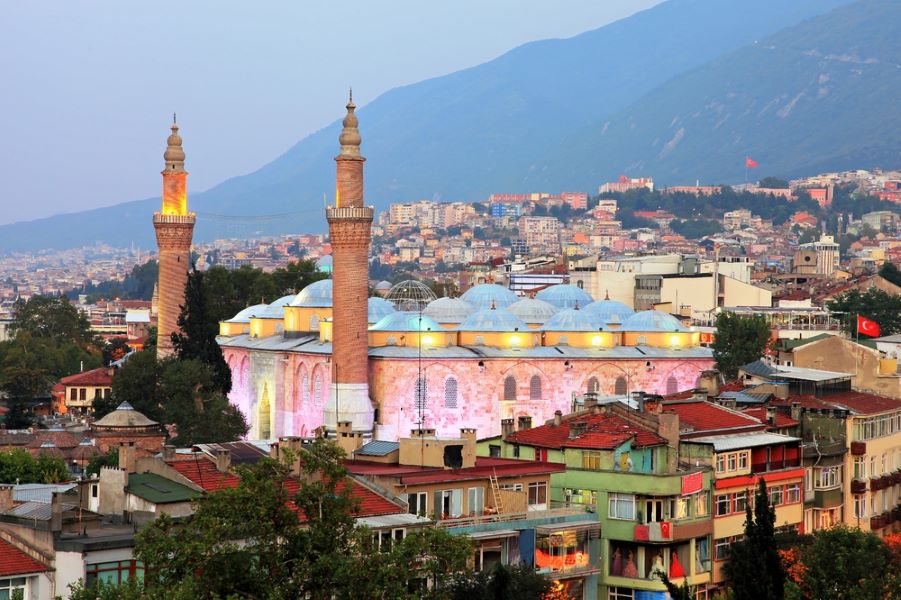
Grand Mosque, Bursa
Bursa is a city steeped in history and natural beauty. Its historical significance is evident in landmarks like the Grand Mosque, an architectural masterpiece showcasing stunning Ottoman design, and the Green Tomb, the final resting place of Sultan Mehmet I. Beyond its historical treasures, Bursa is renowned for its thermal baths, which have drawn visitors seeking relaxation and healing for centuries. These rejuvenating thermal waters are a testament to the city’s ancient tradition of wellness.
For those seeking outdoor adventure, the nearby Uludağ Mountains offer thrilling opportunities for skiing and snowboarding in winter, and hiking and mountain biking in the warmer months. This juxtaposition of historical splendor and natural beauty makes Bursa a destination that caters to a wide range of interests, from culture and relaxation to outdoor recreation.
FAQs:
Q: Is Turkey a safe destination for travelers?
A: Turkey is generally safe for tourists. However, it’s always wise to stay informed about the current political and safety situation in the region you plan to visit. Exercise standard safety precautions and be aware of local customs and regulations.
Q: What’s the best time to visit Turkey?
A: The ideal time to visit Turkey depends on your preferences. Spring (April to June) and autumn (September to November) offer pleasant weather for sightseeing. Summer (June to August) is great for beach destinations, while winter (December to February) is ideal for skiing in places like Uludağ.
Q: Do I need a visa to enter Turkey?
A: It depends on your nationality. Many countries are eligible for e-visas, which can be obtained online before your trip. Check Turkey’s official government website or your nearest Turkish embassy or consulate for visa requirements.
Q: What currency is used in Turkey, and should I exchange money in advance?
A: The Turkish Lira (TRY) is the official currency. While you can exchange money at the airport, it’s often more cost-effective to withdraw cash from ATMs in Turkey, which are widely available. Major credit cards are also accepted in most places.
Q: What should I wear when visiting historical or religious sites?
A: Dress modestly when visiting mosques, churches, and other religious sites. Women should cover their shoulders and wear knee-length skirts or pants, while men should avoid wearing shorts.
Q: What are some must-try Turkish dishes?
A: Don’t miss out on Turkish delights like kebabs, baklava, Turkish delight, and traditional breakfast items like simit (sesame-crusted bread rings) and menemen (scrambled eggs with tomatoes and peppers).
Q: Is tap water safe to drink in Turkey?
A: In major cities and tourist areas, tap water is generally safe for drinking and cooking. However, bottled water is widely available and recommended for those with sensitive stomachs.
Q: How should I haggle when shopping at markets or bazaars?
A: Bargaining is common in Turkey’s markets. Start by offering a lower price than what you’re willing to pay and be prepared to negotiate. Keep it friendly and respectful, as haggling is seen as a cultural tradition.
Q: Can I use English in Turkey, or should I learn some basic Turkish phrases?
A: While English is widely spoken in tourist areas, learning a few basic Turkish phrases like “hello,” “thank you,” and “please” can go a long way in enhancing your travel experience and building rapport with locals.
Q: What are some cultural norms and customs I should be aware of in Turkey?
A: Respect local customs, such as taking off your shoes when entering someone’s home or a mosque, and avoid public displays of affection. It’s also customary to greet with a friendly handshake or by placing your right hand over your heart.
Did we leave out your favorite Turkish destination? Tell us about it in the comments below!



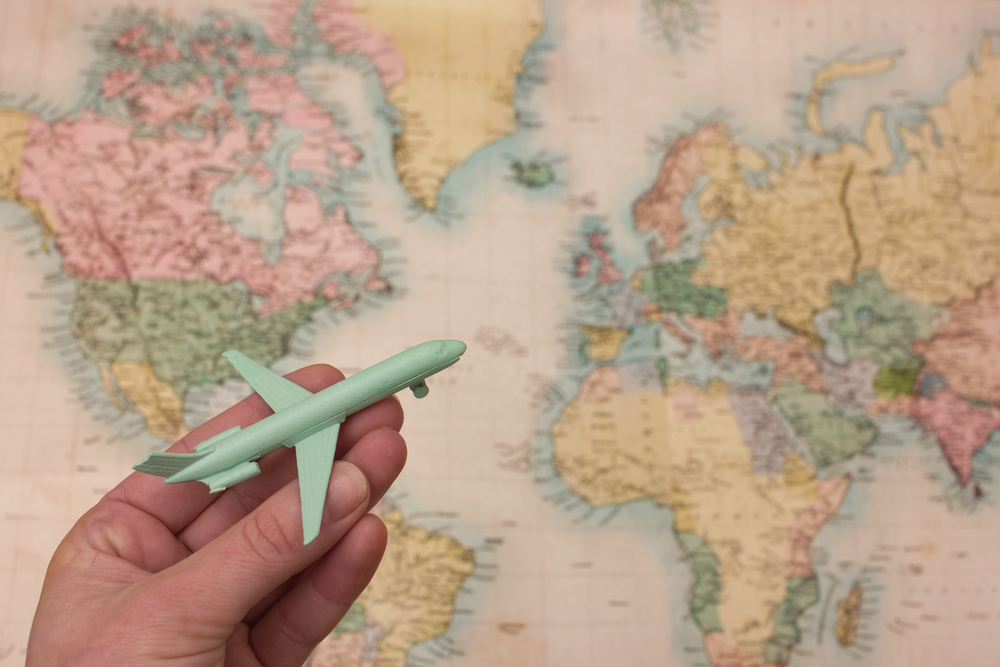
Leave a Reply